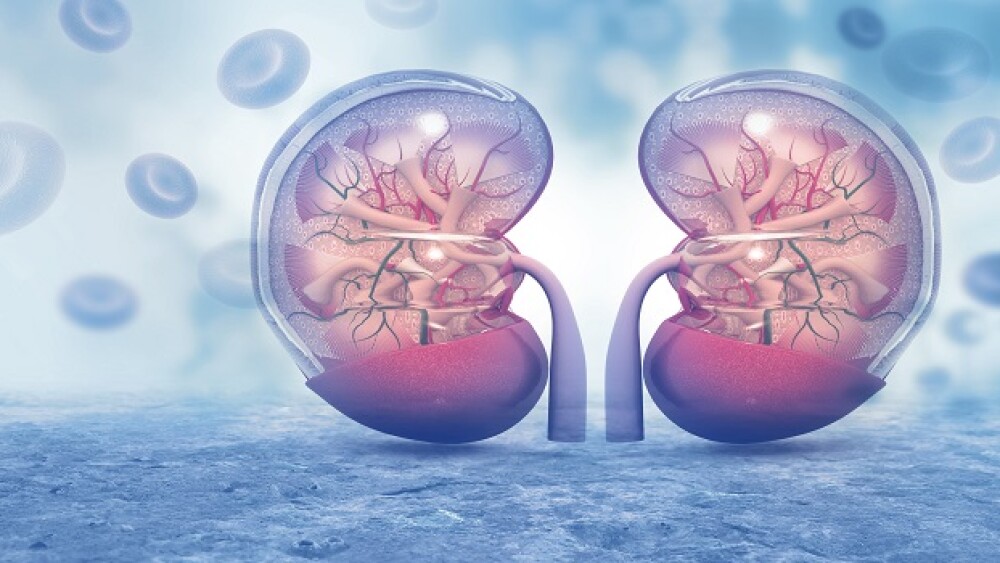Tricida, a late-stage biotech company developing therapies for conditions associated with chronic kidney disease (CKD), filed late Monday with the Securities and Exchange Commission to raise up to $150 million in an initial public offering.
Tricida, a late-stage biotech company developing therapies for conditions associated with chronic kidney disease (CKD), filed late Monday with the Securities and Exchange Commission to raise up to $150 million in an initial public offering. Shortly after the filing, the South San Francisco drug maker announced positive results of its phase III clinical trial of its lead drug, TRC101.
The company says their novel drug is a promising treatment for metabolic acidosis, a common complication of CKD that can result in accelerated progression of kidney disease. Metabolic acidosis occurs when the body has accumulated too much acid as a result of the kidneys being unable to produce sufficient acid or enough bicarbonate to balance acid production.
According to the Centers for Disease Control and Prevention, approximately 1 in 7 U.S. adults are estimated to have CKD, racking up annual Medicare expenses of approximately $98 billion.
In their S-1 filing, Tricida estimates that metabolic acidosis affects approximately 3 million CKD patients in the U.S. Slowing the progression of CKD in patients with metabolic acidosis, the company claims, represents a significant medical need and market opportunity.
“If approved, we plan to commercialize TRC101 in the United States initially using a nephrologist-focused sales force,” Tricida says in their IPO filing. “To address markets outside of the United States, we plan to seek one or more partners with international sales expertise who can sell TRC101 in target markets. We have an intellectual property estate that we believe will provide patent protection for TRC101 until at least 2034 in the United States, the European Union, Japan, China, India and certain other markets.”
Currently, there is no treatment approved by the Food and Drug Administration for metabolic acidosis. Unapproved methods to increase blood bicarbonate include supplements such as sodium bicarbonate. These supplements, however, introduce significant amounts of sodium into the patient’s bloodstream, which can cause hypertension, cardiovascular disease, heart failure or edema.
TRC101 works differently to address metabolic acidosis. The novel, non-absorbed polymer is designed to bind hydrochloric acid in the gastrointestinal tract and remove it from the body through excretion in the feces, thereby decreasing the total amount of acid in the body and increasing blood bicarbonate. The drug is administered orally as a suspension in water once daily.
Initial topline analysis of the company’s phase III clinical trial, TRCA-301, indicates that treatment with TRC101 resulted in statistically significant increases in blood bicarbonate, meeting both the primary and secondary endpoints of the trial.
The study was conducted at 47 sites in the United States and Europe with 217 stage 3b or 4 CKD patients with baseline blood bicarbonate levels between 12 mEq/L and 20 mEq/L. Subjects were randomized in a 4:3 ratio to receive TRC101 or a placebo. The study drug dosing (TRC101 or placebo) continued for 12 weeks once daily.
The primary outcome measure was change from baseline in blood bicarbonate (Time Frame: Week 12) and included comparison of TRC101 and placebo with regard to the proportions of subjects with change from baseline in blood bicarbonate ≥ 4 mEq/L or with blood bicarbonate in the normal range (22 to 29 mEq/L). Eligible subjects who completed the TRCA-301 trial were invited to participate in a 40-week safety extension trial. Of the 208 subjects who completed the TRCA-301 trial, 196 were enrolled in the safety extension trial.





